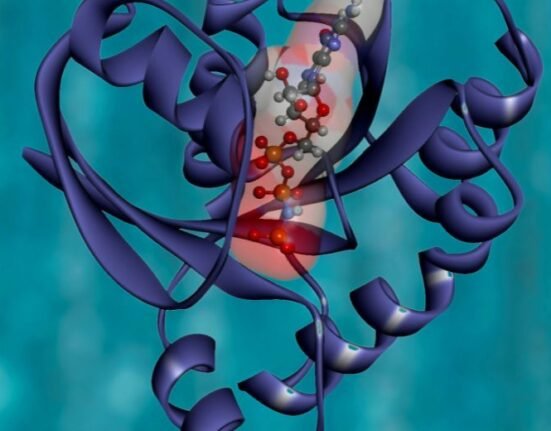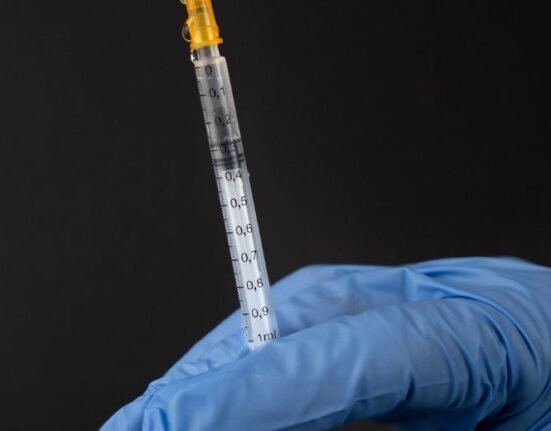HQ Team
December 19, 2022: The Indonesian state-owned pharmaceutical company Bio Farma has signed a licensing agreement with Merck&Co to produce the MSD 4-valent HPV vaccine locally.
Cervical cancer is the second most common cause of cancer among women in Indonesia, according to Indonesia’s HPV Information Centre. This agreement is part of the country’s efforts to launch a national HPV immunization program in 2023, according to a press release. Financial and logistic details of the licensing agreement weren’t revealed, though Merck or MSD (as it is known outside Canada and the US) and Bio Farma have had a partnership since 2016.
The World Health Organization ranks cervical cancer as the fourth most common cancer in women globally, with an estimated 604,000 new cases and 342,000 deaths in 2020. About 90% of new cases and deaths worldwide occurred in low- and middle-income countries that year.
“MSD will continue to expand our production and availability of our HPV vaccine to meet these levels of unprecedented demand that we’re seeing globally,” David Peacock, MSD’s president for the Asia-Pacific region, said in the release. “We continue strive to achieve our goal of reducing the incidence of cervical cancer worldwide through increased access to HPV vaccination and implementation of new immunization programs and expanded (programs).”
Indonesian authorities aim to give the shots to 1.4 million girls next year, Bio said, adding it aimed to produce 2.8 million doses given the two-shot regime recommended to inoculate against HPV-linked cervical cancer.
According to the HPV Information Centre, Indonesia has a population of around 99.8 million women aged 15 and older who are at risk of developing cervical cancer. Around 21,000 women die from the disease in the country each year, according to the centre’s estimates.
In April, Merck & Co announced it had completed the expansion of its HPV vaccine capacity at its facility in Elkton, Virginia. After experiencing shortfalls of the vaccine in 2018 and 2019, the company pledged $1 billion to boost production by expanding current plants or building new ones to meet demand.








